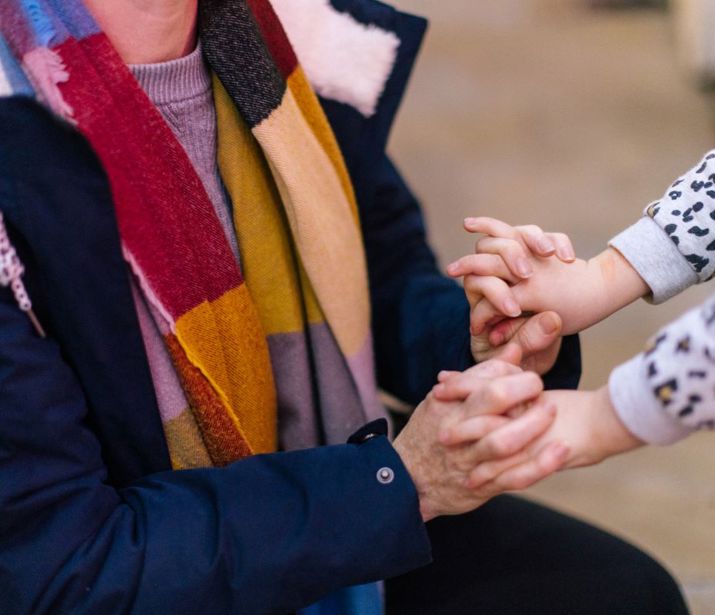Could your teenage child be drinking to cope?
Use our guide to spot the signs that a young person may be drinking to cope with problems in their life, and get advice on how to approach conversations about this issue
A study has shown that England has the highest rates of lifetime alcohol use among 11-year-olds (34% and 35% of girls and boys respectively) and 13-year-olds (57% and 50% of girls and boys respectively).1
Research has also shown that 28% of pupils (aged 11-15) who drank alcohol in the last week had low life satisfaction and 42% of pupils reported having high levels of anxiety.2
Help and support are available for young people that need it – read this guide for more information on why it can happen, and what you can do about it.
If a young person is drinking on a regular basis, drinking on their own, drinking during the daytime, or often looks hungover, it’s something that needs to be taken seriously.
Young people can also show they’re not coping through other changes in their behaviour, such as seeming increasingly angry, more withdrawn, more secretive, stopping spending time with friends, or often being upset.3
If this is happening to a young person you’re responsible for, it’s a good idea to talk to them about what they’re going through, so you can support them to get any help they need.
As a parent or guardian, it’s important to pick your moment – some teenagers might not want to talk at first.
Let them know you are concerned about them, that you care about them, and that you are there for them if they need you. Think about the method of communication that you find has the best results with them – whether it’s face to face, while out for a walk or in the car, on the phone, or even by text – if that’s something you find normally gets a good response.
When you do talk to them:
If your child is drinking to mask how they’re feeling, it’s important to talk about what it is they’re going through.
Sometimes, depending on what the underlying issue is, that might mean it’s better for them to talk initially to an independent trained person who can help. There are links at the end of this article with further advice.
If you can, talk first to anyone you share parenting with about your worries, before speaking with your child – they might have a different take on the situation.
Agreeing on the situation and your approach will help to create a supportive environment where you can work together to resolve the concern.
If your child is having problems, don’t be too hard on yourself. Although it can be upsetting and worrying if your child is having a bad time, and can make your relationship with them feel more stressful, it doesn’t mean you’re a bad parent.
And if things are getting you down, it’s important to recognise this. Talk privately to someone you trust and seek their support – friends and family can often help.
If you think your child is struggling with their mental health, consider getting in touch with your GP surgery and talking to your child’s school or college.
In many cases (although not all), children may prefer to speak to their GP together with their parent or guardian.
You can make an appointment on your child’s behalf, or, if they are mature enough to have their own consultation (usually from about 12-years-old), they can make an appointment for themselves. Doctors can offer independent, confidential advice.
The NHS ‘Every mind matters’ campaign has advice on looking after a child or young person’s mental health.
The NHS also provides links to a range of services available for anyone needing urgent support with their mental health.
The national charity Mind has more advice on mental health for young people on their website.
YoungMinds website has specific advice on a wide range of mental health conditions and behaviour, and YoungMinds’ parents helpline is also a great source of support and advice.
Call 0808 802 5544 for free Mon-Fri from 9.30am to 4pm – available in England, Scotland, Wales, and Northern Ireland.
As mentioned in the video above, it can be natural for a child to follow your lead, so if you want to prevent them from drinking underage, it's worth looking at your own drinking and possibly making changes. Take our quick and easy Drinking Check quiz.
Here are some other advice and information pages linked to underage drinking.
[2] NHS Digital. Smoking, Drinking and Drug Use among Young People in England, 2023: Data tables: Smoking, drinking and drug use among young people, England, 2023: Part 13 data tables - Wellbeing
Last Reviewed: 12th September 2025
Next Review due: 12th September 2028
